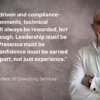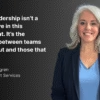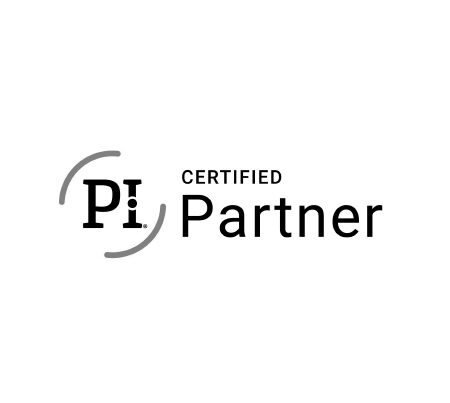
We all know being appreciated feels good and in fact managers who say, “thank you” often find their employees feel more motivated, are more productive and want to work harder. Similarly, the act of giving thanks also has a positive impact on individuals who show gratitude. According to Harvard Health Publishing “gratitude is strongly and consistently associated with greater happiness. Gratitude helps people feel more positive emotions, relish good experiences, improve their health, deal with adversity and build strong relationships”.
Showing gratitude can be as simple as saying thank you for a job well done or as elaborate as an awards ceremony. No matter what you do, the act of showing gratitude goes a long way if it’s authentic and delivered in a way that is comfortable for the individual who is receiving the praise.
So how do you know the best way to say thank you? Tools like the Predictive Index® (PI®) behavioral assessment can help uncover what drives and motivates individuals making it easier to express gratitude in a way that will best motivate and energize the recipient.
For instance, not everyone likes to be thanked publicly. Individuals who tend to be more quiet and introspective (low in extraversion) may become overwhelmed or embarrassed by public praise and prefer individual recognition such as a hand-written note or a private conversation to specifically thank them for their actions.
If don’t feel like a note is enough, try adding some humor and send an animated GIF to bring a smile, while showing your gratitude in an unexpected way.
On the other hand, individuals who are motivated by interacting socially (high in extraversion), often crave social acceptance and are energized by public recognition and visible signs of accomplishment. For these people, taking the time to highlight their extra efforts or hard work during a team meeting can significantly boost self-esteem and help remind them of their value within the organization.
Gaining an understanding of what drives and motivates the individuals around you can open-up a new perspective on how to best communicate, work effectively and extend impactful gratitude.
To learn more about how tools like the Predictive Index® (PI®) can help uncover individual drives and motivators, visit mcgpartners.com or contact erinne.tripp@mcgpartners.com to request a demo and complimentary assessment.
About the Author: Erinne Tripp
About MCG Partners
MCG Partners a woman-owned, Greater Boston-based consultancy specializing in executive coaching, leadership development, talent management, and organizational development solutions. We help businesses optimize success through the entire management life-cycle. MCG Partners is also a Predictive Index® (PI®) certified partner.
To learn more about MCG Partners’ services or The Predictive Index®, contact John Griffith at john.griffith@mcgpartners.com or visit mcgpartners.com.[/fusion_text][/fusion_builder_column][fusion_builder_column type=”1_4″ layout=”1_4″ spacing=”” center_content=”no” link=”” target=”_self” min_height=”” hide_on_mobile=”small-visibility,medium-visibility,large-visibility” class=”” id=”” background_color=”” background_image=”” background_position=”left top” background_repeat=”no-repeat” hover_type=”none” border_color=”” border_style=”solid” border_position=”all” padding_top=”” padding_right=”” padding_bottom=”” padding_left=”” margin_top=”” margin_bottom=”” animation_type=”” animation_direction=”left” animation_speed=”0.3″ animation_offset=”” last=”true” border_sizes_top=”0″ border_sizes_bottom=”0″ border_sizes_left=”0″ border_sizes_right=”0″ first=”false” spacing_left=”1%”][fusion_widget_area name=”avada-custom-sidebar-blogsinglepagesidebar” title_size=”” title_color=”” background_color=”” padding_top=”” padding_right=”” padding_bottom=”” padding_left=”” hide_on_mobile=”small-visibility,medium-visibility,large-visibility” class=”” id=”” /][/fusion_builder_column][/fusion_builder_row][/fusion_builder_container]









